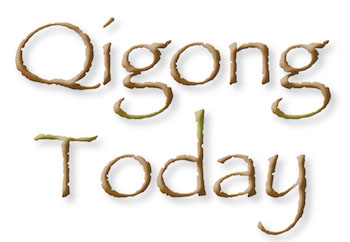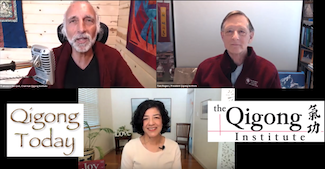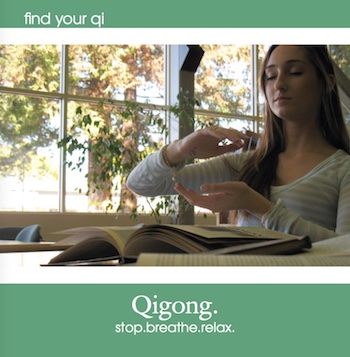Qigong Today 3
[PLAY]
Resilience is the ability to positively adapt to adversity, trauma, stress, threat, and change. In a previous episode of Qigong Today we discussed physical exercise through the practice of Qigong and Tai Chi, as a fundamental component of resilience. But developing resilience to adapt to life’s challenges requires more than regular physical exercise. The exercise must be balanced with rest and recovery. Qigong’s slow paced diaphragmatic breathing is an excellent way to accomplish this balance.
* Adapting to Stress: Understanding the Neurobiology of Resilience
[PMID: 27100966]
* Using Slow-Paced Breathing to Foster Endurance, Well-Being, and Sleep Quality in Athletes During the COVID-19 Pandemic
[PMCID: PMC8155704]
* Influence of a 30-Day Slow-Paced Breathing Intervention Compared to Social Media Use on Subjective Sleep Quality and Cardiac Vagal Activity
[PMCID: PMC6406675]
* Hypothesis: Pulmonary Afferent Activity Patterns During Slow, Deep Breathing Contribute to the Neural Induction of Physiological Relaxation
[PMCID: PMC6753868]




